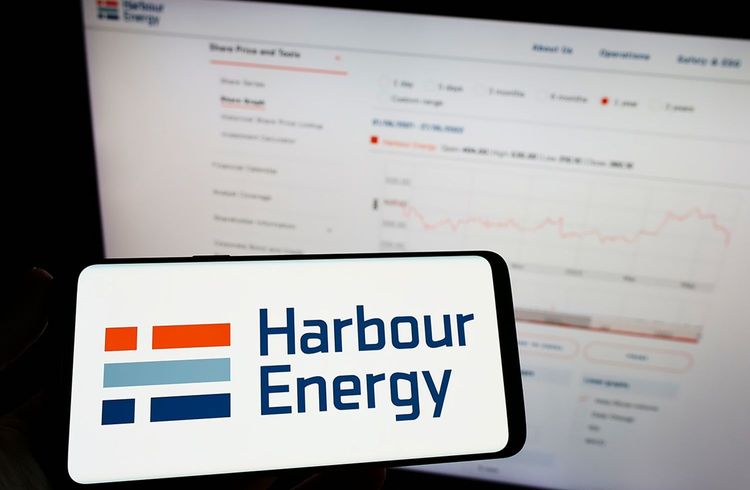The British oil and gas producer Harbor Energy warns of the risk of tax losses
The company says any increase in the levy could force it to reconsider investments

Harbor Energy, the largest oil and gas producer in Britain's North Sea, has warned the government it could be forced to reconsider its investments in the country if the tax on profits is increased.
Linda Cook, chief executive of the private equity-backed producer, which has bought a significant number of fields in the North Sea over the past five years, warned that investors are pushing the company to diversify into other regions because of the so-called energy profits levy.
"We recognize the major challenge in the UK to put public finances on a sustainable footing, but we urge the government to carefully weigh the implications of any increase or extension of the EPL," Cook said in a trade report on Thursday.
"At a time when oil and gas producers are being asked to invest more to ensure the UK's energy security and are considering longer-term, substantial investments in CCS (carbon capture and storage), additional taxes would reduce the risk to undermine our ability to do both".
New Prime Minister Rishi Sunak and Chancellor of the Exchequer Jeremy Hunt are considering raising the profits tax introduced in May from 25 to 30 percent, bringing the total tax on profits to 70 percent. They are also considering extending the term of the tax to 2028 from late 2025 as the UK seeks to plug the roughly £50 billion tax gap created by the energy crisis.
However, the "windfall tax" provides a "super deduction" for investments in new oil and gas rigs, giving companies a total tax saving of 91p for every pound invested. It has not yet been extended to investments in clean energy technologies such as CCS.
Cook said the potential for "further tax changes" creates significant "uncertainty" for smaller independent oil and gas companies like Harbour. The company, which was listed on the FTSE in London after acquiring Premier Oil last year and buying a large chunk of Shell's North Sea assets in 2017, has a market cap of £3.8 billion, compared to 172 £bn at Shell.
"It has become more difficult to assess expected returns on long-term investments, and investors are urging geographic diversification," Cook said.
For the first nine months of the year, Harbor reported $4.1 billion in revenue, but pointed out that the amount it received for its oil and gas was well below market prices due to an extensive hedging program.
Persons close to the company have argued that smaller independent companies have little choice but to secure themselves under financing arrangements with lenders.
Harbor earned an average of $80 a barrel for its oil in the first nine months compared to a market price of $105, while gas sales averaged 86 pence per spa compared to an average market price of 209 pence per spa.
Nonetheless, the company has increased its expected UK tax liability to $900m, of which $400m is from the EPL. Harbor had projected about $500 million in taxes for the year.
Harbor is also returning significant amounts of cash to shareholders: $500 million has already been returned this year and a new $100 million share buyback program has begun. The company expects to be debt free by 2023. At the end of September, net debt was $1.1 billion.
The company's share price has fallen to 393p from just under 500p in August when gas prices hit a record high, reflecting the fall in gas prices and concerns about higher taxes.






